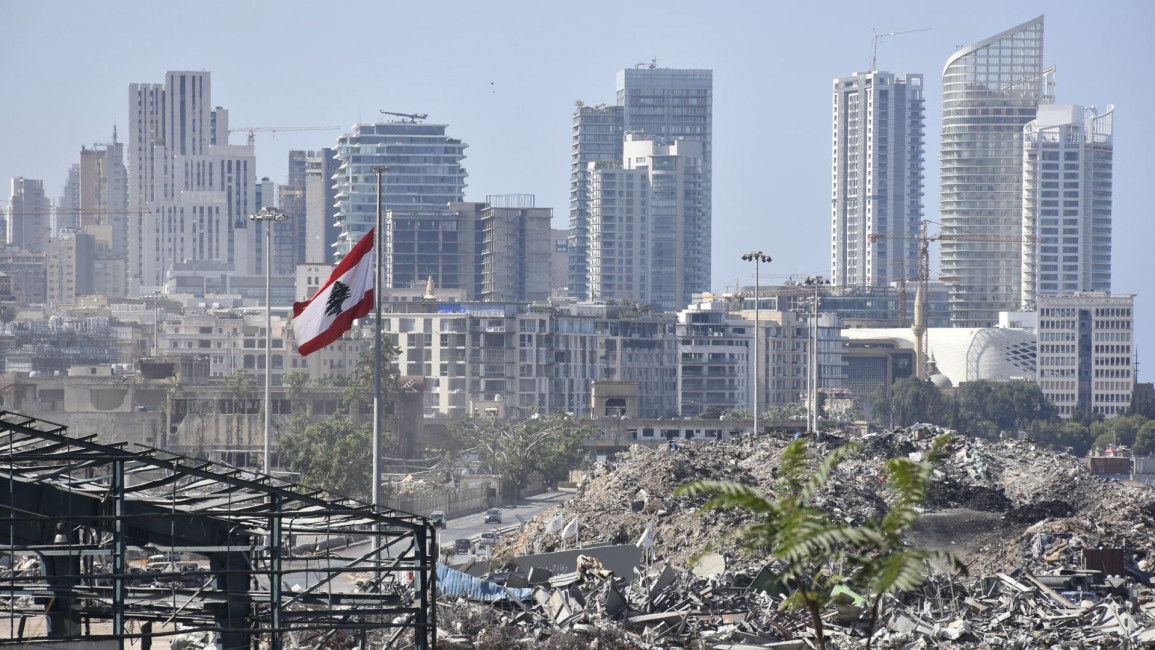World Bank approves $246-million emergency aid package for vulnerable Lebanese
Lebanon, a country of more than six million, is grappling with its worst economic downturn since the 1975-1990 war.
A spiralling coronavirus outbreak has compounded the crisis, forcing businesses shut and denying daily wage earners an income in a country where more than half the population lives in poverty.
The World Bank "project will provide 147,000 extreme poor Lebanese households (approximately 786,000 individuals) with cash assistance for one year," a statement said.
"Eligible households will receive a monthly transfer of 100,000 Lebanese pounds ($65) per household member, in addition to a flat amount of 200,000 Lebanese pounds per household," it said.
It will also give 87,000 children between the ages of 13-18 year a top-up cash transfer to cover the direct costs of schooling including fees, textbook and transport and school uniform expenses.
"Lebanon has been facing compounded and unprecedented crises. A severe economic and financial crisis led to a projected 19.2 percent decline in GDP in 2020, triple digit inflation and a projected increase in poverty to 45 percent and in extreme poverty to 22 percent," the Bank said.
Read also: Lockdown adds to suffering of vulnerable Lebanese: charity
Lebanon will enforce a 24-hour curfew for 11 days from Thursday, after daily infections spiked by some 70 per cent over the past week.
The surge in new cases is among the steepest in the world.
Under the new measures, non-essential workers will not be allowed out of the house and supermarkets will only operate delivery services.
This has prompted fears of food shortages as such services are not readily available in impoverished and remote regions.
Agencies contributed to this report.
Follow us on Facebook, Twitter and Instagram to stay connected


![President Pezeshkian has denounced Israel's attacks on Lebanon [Getty]](/sites/default/files/styles/image_684x385/public/2173482924.jpeg?h=a5f2f23a&itok=q3evVtko)



 Follow the Middle East's top stories in English at The New Arab on Google News
Follow the Middle East's top stories in English at The New Arab on Google News


